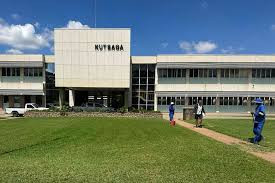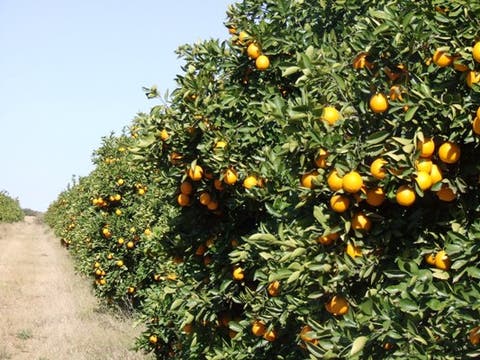‘Record crop hectarage heralds a successful agricultural season’
AS the 2024/25 farming season advances amid continuing rains, farmers have achieved a milestone by planting 3 874 000 hectares of crops, and meeting this season’s target by 100 percent.
This achievement reflects the hard work and dedication of farmers in the country’s various provinces, who are now focused on maximising their yields as they navigate the challenges of the season.
Planting of crops like sweet potatoes and sunflower is still continuing contributing to a diverse agricultural landscape.
Maize commands the biggest hectarages so far with 1, 8 million followed by sorghum at 418 000 hectares and pearl millet at 275 000. Other notable crops include finger millet at 27 000 hectares, soya beans at 77 000 hectares, and groundnuts at 385 000 hectares.
Farmers have also covered significant hectarages with sugar beans, roundnuts, African peas, and cotton, highlighting the varied agricultural practices being adopted this season.
Agricultural and Rural Development Advisory Services (ARDAS) chief director Mr Leonard Munamati provided insights into the current crop condition.
“The condition of crops is good across provinces,” he said, stressing the need to maintain optimal growth conditions.
He noted that the bulk of the maize crop, approximately 65 percent, planted in December 2024, was currently at the late vegetative stage and thriving.
In contrast, the early-planted maize, which constitutes 15 percent of the total, is transitioning from late vegetative to flowering stages, while 20 percent of the maize planted in early January is at the early vegetative stage.
He, however, added that despite the promising conditions, some challenges were still emerging.
“Crops at the vegetative state require top dressing fertiliser urgently,” he said.
Mr Munamati observed that 85 percent of traditional grain crops were planted in December and are currently in good condition but hinted at the signs of nitrogen deficiency and waterlogging in certain areas due to excess rainfall received recently.
“Farmers are advised to create surface drainage channels to divert surface run-off so that it does not accumulate in the fields,” he urged.
He advised farmers to discontinue planting cereals and major crops like soya beans and groundnuts saying it was late to do so.
“They can still utilise the current rains by planting short-season varieties of sugar beans, African peas, and sweet potatoes,” Munamati advised.
He also recommended the split application of top dressing fertiliser to minimise nutrient leaching and ensure that crops receive the necessary nourishment for optimal growth.
In addition to managing soil health, he urged farmers to be wary of weeds.
“Farmers should declare war against weeds and control them effectively to reduce competition with crops,” Mr Munamati asserted.
He also highlighted the importance of pest management, particularly for Fall armyworm and African armyworm infestations.
“Scouting for pests and immediate control should be prioritised. After spraying fields, farmers should continue to scout for any signs of re-infestation,” he added.
It will also be crucial for farmers to adapt and respond to challenges arising as the season progresses if they are to secure bountiful harvests, he added.
-herald












